Florida is full of cool animals that wake up when the sun goes down. Think about owls with big eyes, bats that zoom around, and frogs that sing loudly.
It’s like a secret party in the wild every night, and you’re invited! But, there’s a way to join the fun without messing it up.
You need to be super quiet and use lights that don’t bother the animals. There are special places in Florida that are just right for watching these creatures. This guide will show you where to go and how to watch these animals the right way.
Get ready to see what happens in the animal world when it’s dark. We’ll make sure you know everything to keep safe and make the night fun for you and the animals. Remember, while we’re having fun, we’re also guests in their home, so let’s be good visitors!
Understanding Nocturnal Wildlife In Florida
Let’s learn about the night-time stars of Florida—bats, owls, and frogs. Each of these creatures has its special way of living and playing after dark.
Bats are the night sky acrobats. Not only do they eat thousands of bugs each night, but they also do this using echolocation.
That means they make sounds that bounce off objects and help them “see” in the dark. They like hanging out in quiet, dark places during the day like caves or under bridges.
Owls are like the guardians of the forest at night. Their big eyes help them spot even the tiniest movements in the dark.
You might find them perched silently in a tree or an abandoned barn, always on the lookout for their next meal. They’re really good at catching things like mice and small animals.
Frogs are the musicians of the marshes. If you’re near water, you’ll hear them singing loudly, each trying to be the star of the night. They hang out in places that are wet and muddy because it’s easier for them to lay their eggs and find food.
Essential Gear For Nighttime Wildlife Watching
When watching wildlife at night, the right gear is important. Here’s what you need to bring:
- Flashlights with red filters: These are better than regular flashlights because the red light doesn’t bother animals as much. It helps you see without scaring them away.
- Night vision binoculars: These let you see animals clearly in the dark from a distance. This way, you can watch them without getting too close.
- Quiet clothing: Wear soft, quiet clothes. This helps you move without making noise, so you don’t startle the animals.
Why Minimal Light Pollution Matters
- Less Disturbance: Bright lights can scare animals and make them act differently. Using red light or keeping lights low helps keep their environment natural.
- Better Viewing: When the area is darker, animals feel safer and are more likely to come out. This gives you a better chance to see them.
Best Practices For Observing Nocturnal Wildlife
For the best experience and to protect the animals, follow these tips:
Stay Quiet
- Move Slowly: Walk softly and take your time. Quick movements can scare the animals.
- Whisper: If you need to talk, use a whisper. Loud noises can startle wildlife.
- Wear Soft Shoes: Soft-soled shoes help reduce noise when you walk.
Minimize Disturbance
- Use Red Lights: Flashlights with red filters are less disturbing to animals. They let you see without causing an alarm.
- Stay Still: When you spot an animal, try to remain as still as possible. Sudden movements can frighten them.
Keep A Safe Distance
- Use Binoculars: Night vision binoculars allow you to see animals clearly from afar. This way, you don’t need to get too close.
- Respect Their Space: Never try to touch or feed the animals. Keep your distance and observe quietly.
Top Spots For Nocturnal Wildlife Watching In Florida
Florida is a haven for nocturnal wildlife enthusiasts. With its diverse ecosystems, the state offers numerous spots where you can observe night-time animals in their natural habitats.
From national parks to wildlife refuges, these locations provide unique opportunities for safe and exciting nighttime wildlife watching. Here are seven of the best spots to explore.
1. Everglades National Park
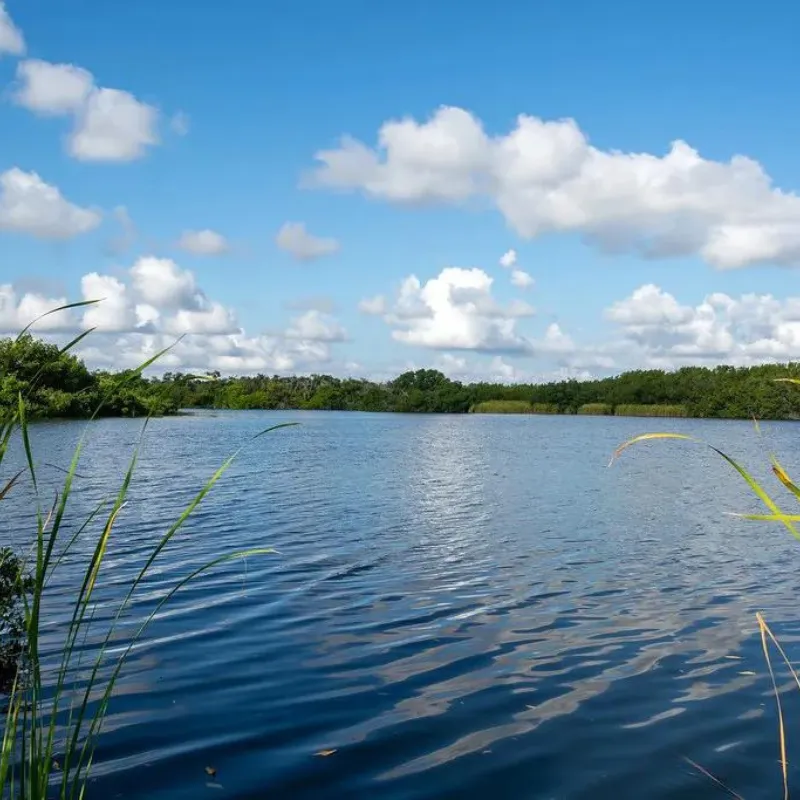
The Everglades is home to nocturnal creatures like owls, bats, and alligators. Guided night tours let you explore the wetlands safely. You can hear frogs croaking and see bats flying overhead.
The park’s vast, protected area is perfect for spotting wildlife in their natural habitat. The unique ecosystem supports a variety of night-time animals, making it a top destination for nocturnal wildlife watching.
2. Big Cypress National Preserve
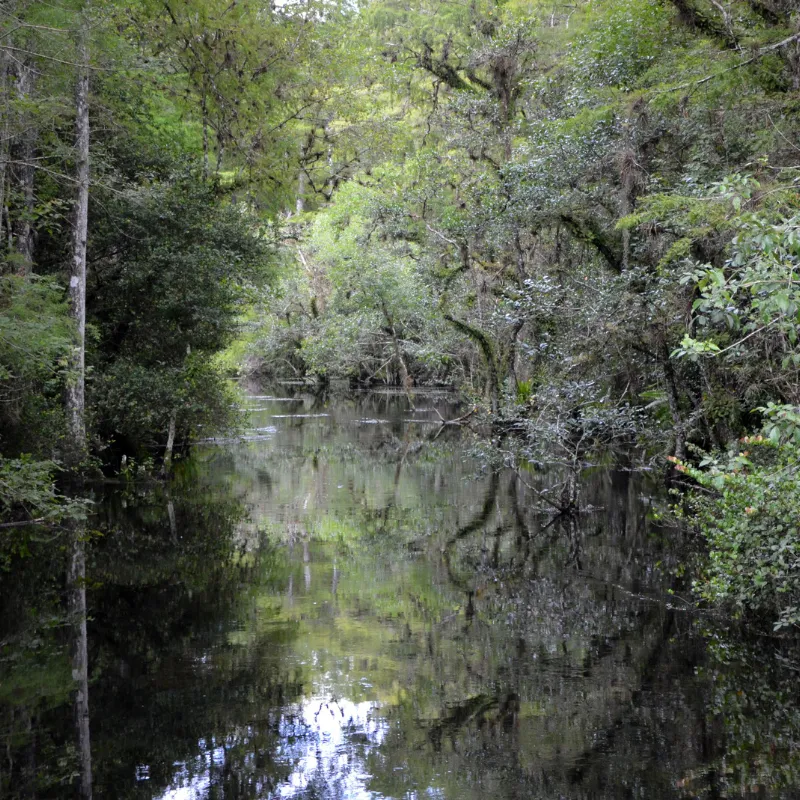
Big Cypress is great for night hikes where you can see bobcats, raccoons, and night birds. The boardwalk trails provide safe viewing spots.
The diverse ecosystems, from swamps to hardwood hammocks, make it an ideal spot for observing various nocturnal animals. Nighttime in Big Cypress offers a unique chance to witness the hidden life of Florida’s wilderness.
3. Paynes Prairie Preserve State Park
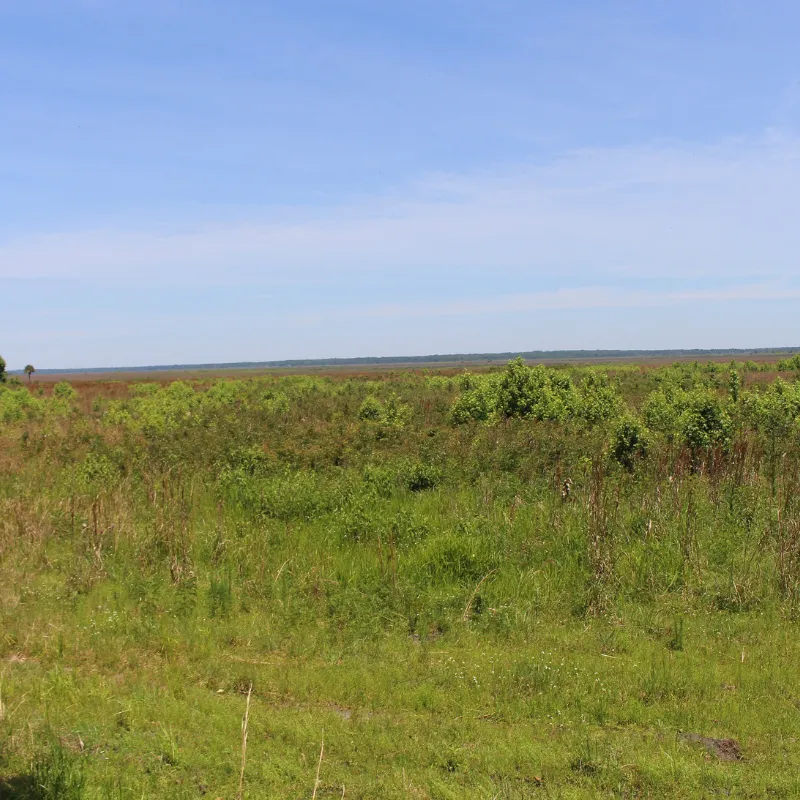
Paynes Prairie is known for its rich wildlife, including nocturnal animals like deer and owls. The park’s observation towers and trails offer excellent night viewing opportunities.
The mix of marshes, wet prairies, and forests supports a variety of night-time wildlife. This makes Paynes Prairie a fantastic spot for those looking to experience Florida’s nocturnal wonders.
4. Wakulla Springs State Park
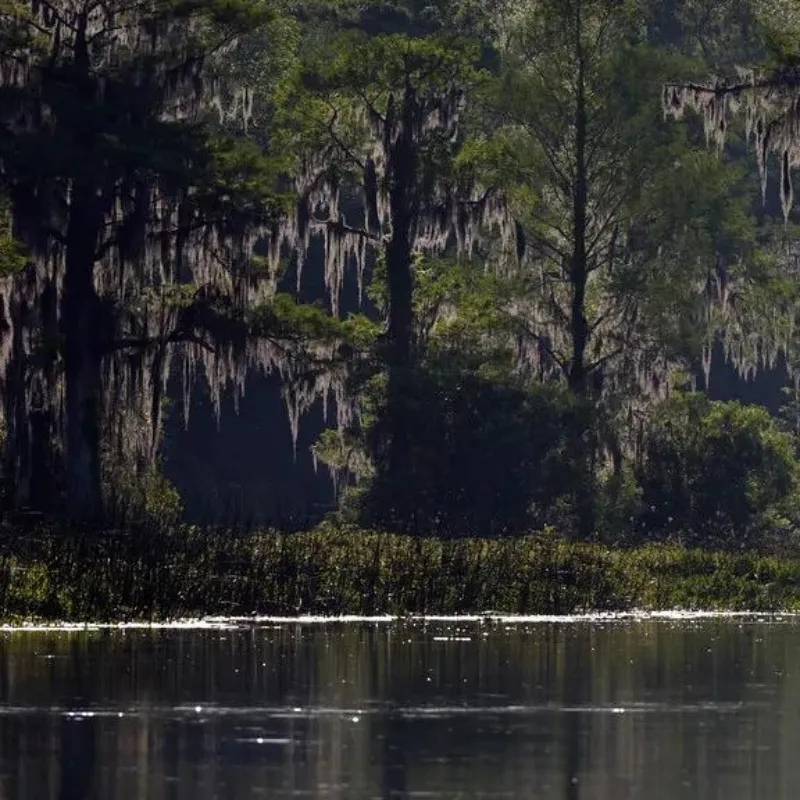
Wakulla Springs is famous for its pristine springs and rich wildlife. At night, you can see bats emerging from caves and listen to the sounds of frogs and insects.
The park offers boat tours that provide a safe way to see wildlife after dark. The combination of water and woodland habitats makes it a hotspot for nocturnal animal activity.
5. Merritt Island National Wildlife Refuge
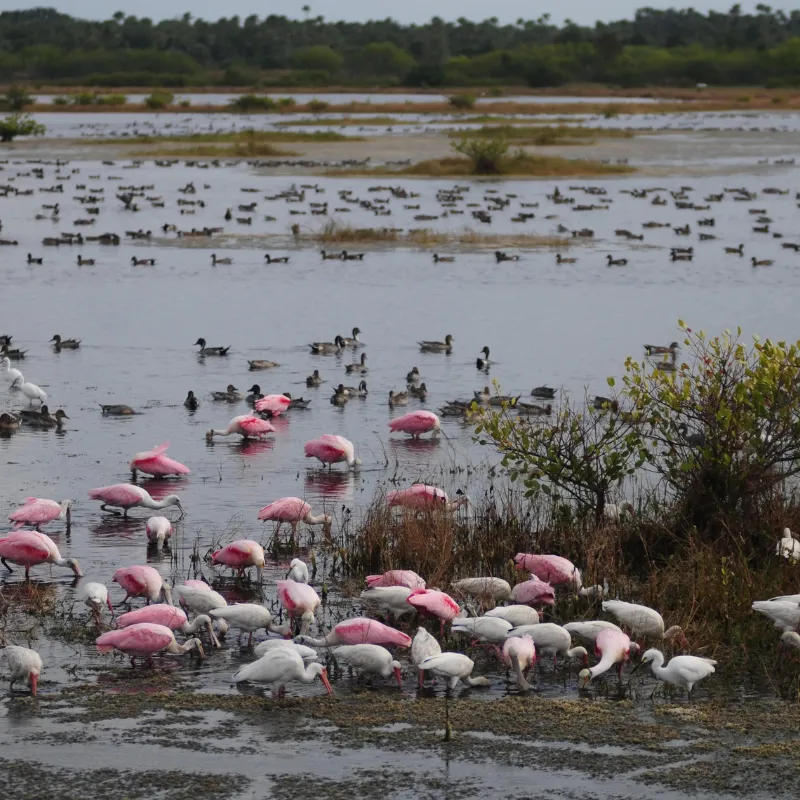
This refuge is a top spot for seeing nocturnal birds and other wildlife. The refuge’s Black Point Wildlife Drive is ideal for nighttime visits. It’s common to spot owls and other night birds.
The mix of marshes, forests, and lagoons provides a perfect habitat for nocturnal creatures. Merritt Island offers a peaceful yet thrilling night-time wildlife experience.
6. Ocala National Forest
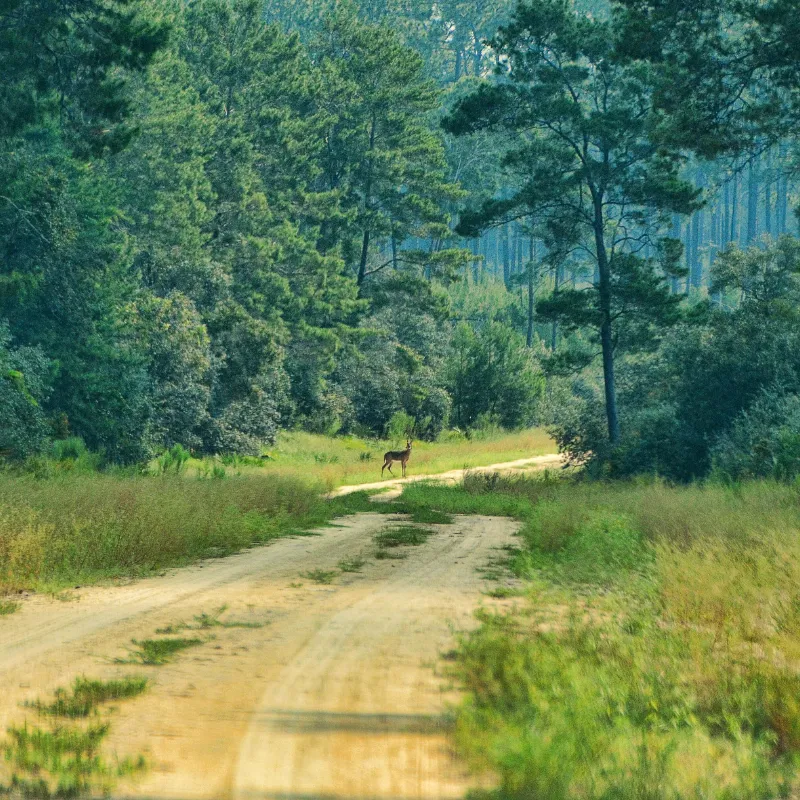
Ocala is home to nocturnal animals like armadillos, bats, and night birds. The forest’s trails and campgrounds are perfect for night hikes and observing wildlife.
The large, dense forest areas make it an excellent spot for spotting animals in the dark. Ocala National Forest’s vast wilderness offers countless opportunities for night-time wildlife watching.
7. Fakahatchee Strand Preserve State Park
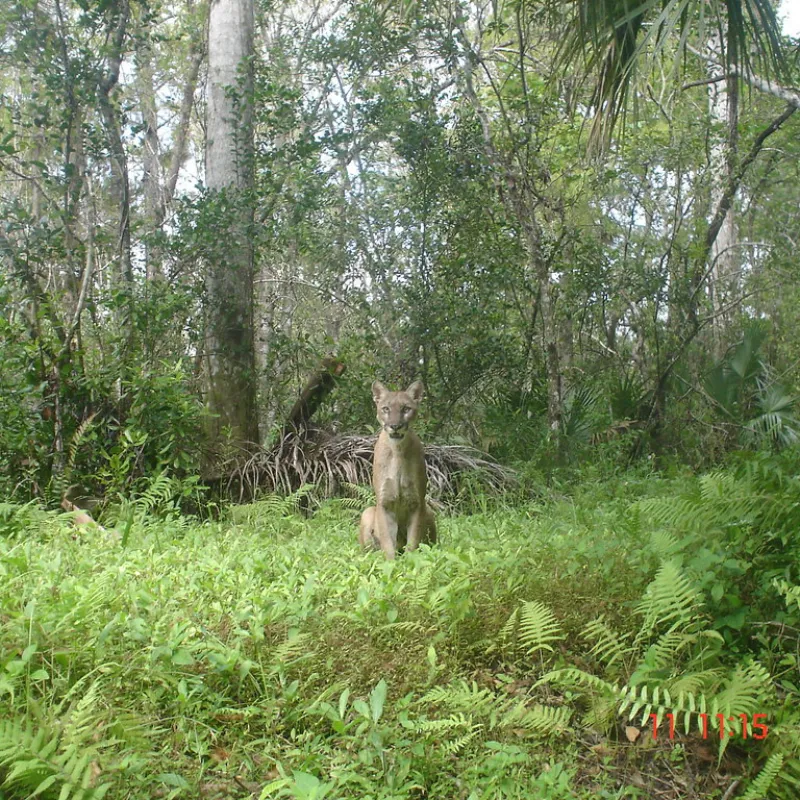
Known as the “Amazon of North America,” this park is perfect for seeing nocturnal wildlife like panthers, bobcats, and night birds. The park’s swampy terrain and diverse plant life create a unique habitat for night-time creatures. Night tours and walks are available for safe exploration. Fakahatchee Strand is a must-visit for anyone interested in nocturnal wildlife.
Spotlight On Florida Nocturnal Birds
Florida is home to many fascinating nocturnal birds. Let’s focus on some of these unique birds and where you can best watch them.
1. Owls
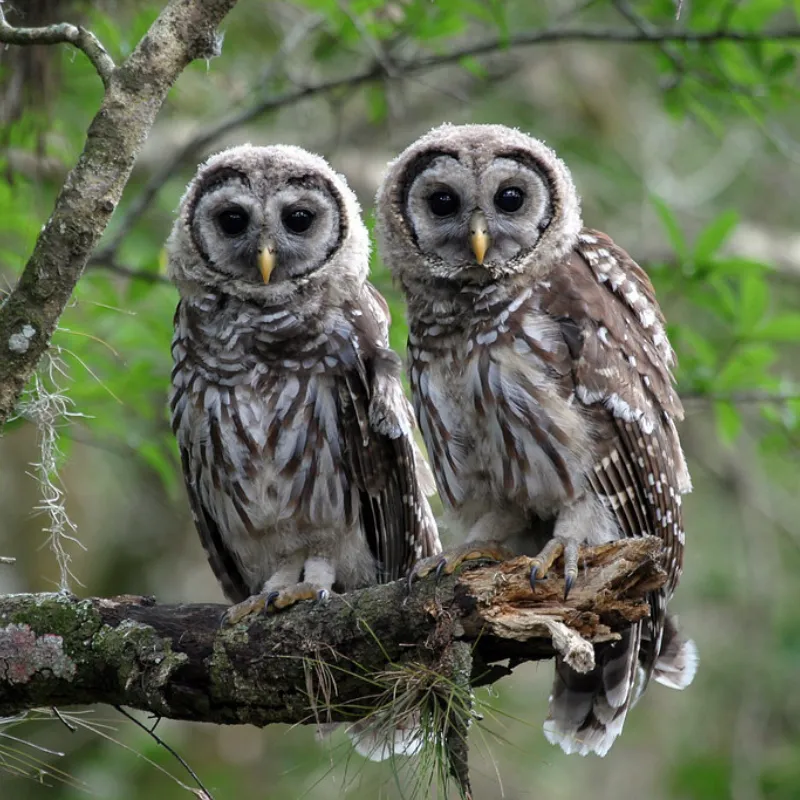
- Unique Traits: Owls have large eyes and excellent night vision. They can turn their heads almost all the way around and have a silent flight due to their special feathers.
- Best Spots to Watch: Look for owls in places like Ocala National Forest and Paynes Prairie Preserve State Park. These areas have tall trees and quiet spots where owls like to hunt.
2. Nightjars
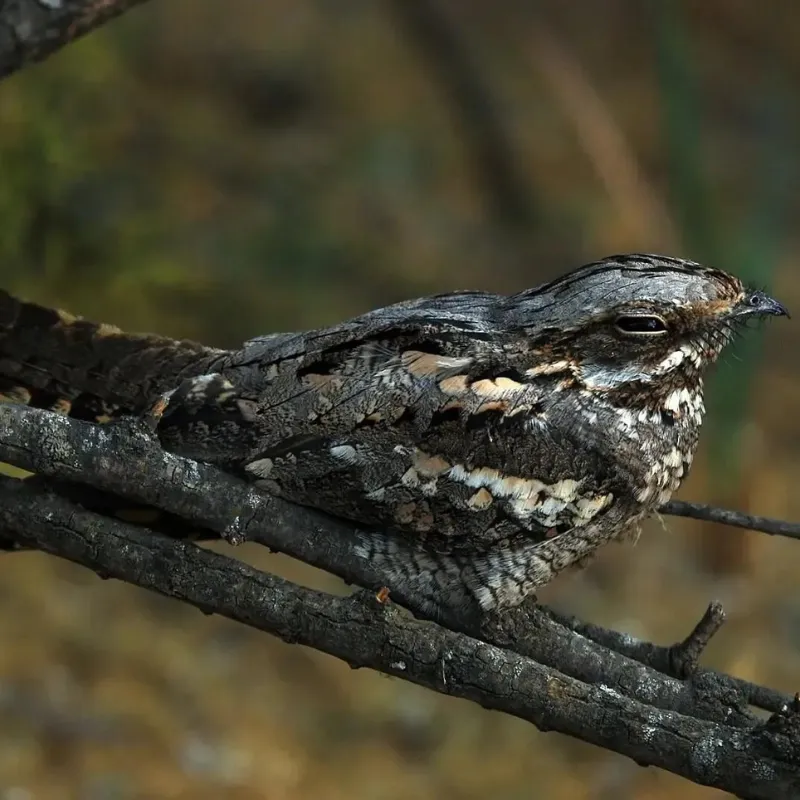
- Unique Traits: Nightjars have excellent camouflage and can blend into their surroundings. They are known for their distinctive calls and are most active at dusk and dawn.
- Best Spots to Watch: You can spot nightjars in the Everglades National Park and Big Cypress National Preserve. Listen for their calls in open areas near forests.
3. Eastern Screech-Owls
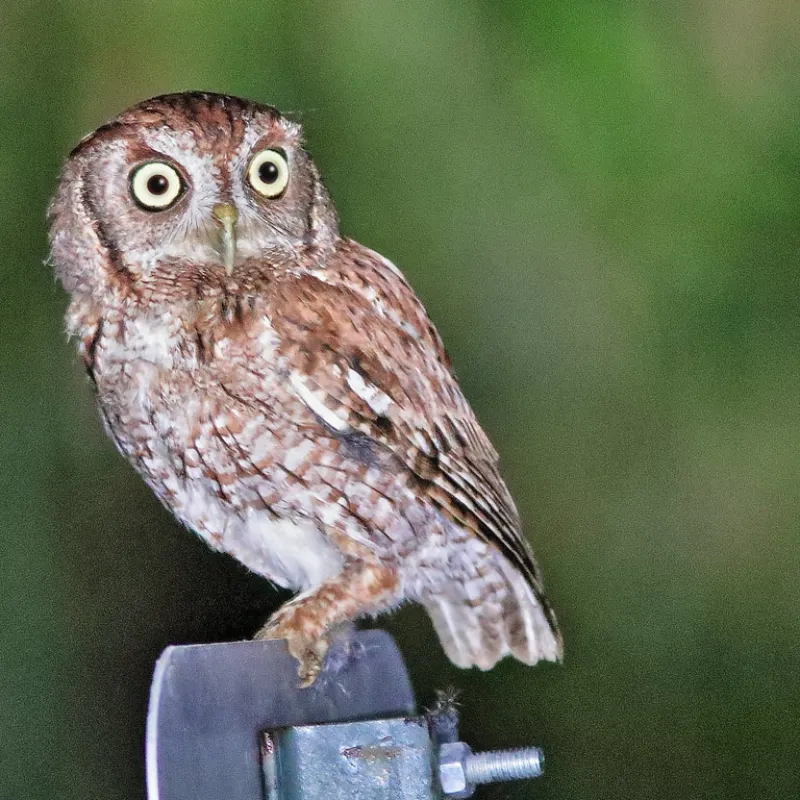
- Unique Traits: These small owls are known for their trilling calls. They can be either red or gray and are very good at hiding.
- Best Spots to Watch: Check out Wakulla Springs State Park and Merritt Island National Wildlife Refuge. These places offer great habitats for screech-owls.
4.Common Nighthawks
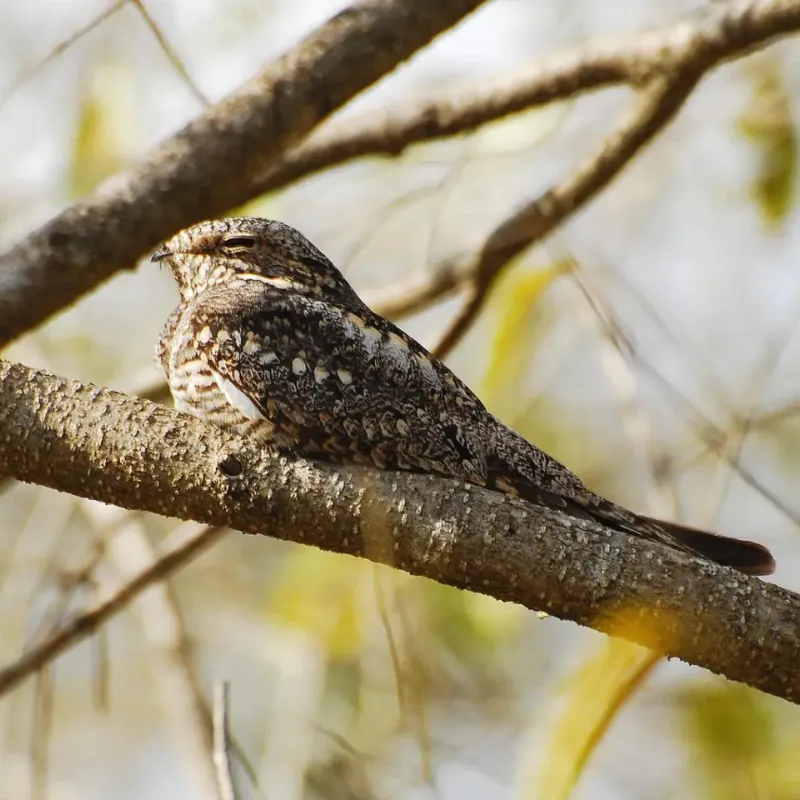
- Unique Traits: Nighthawks are known for their erratic flight patterns and booming calls. They hunt insects in mid-air and are often seen at twilight.
- Best Spots to Watch: Look for them in open areas like Ocala National Forest and the fields around Paynes Prairie.
5. Barred Owls
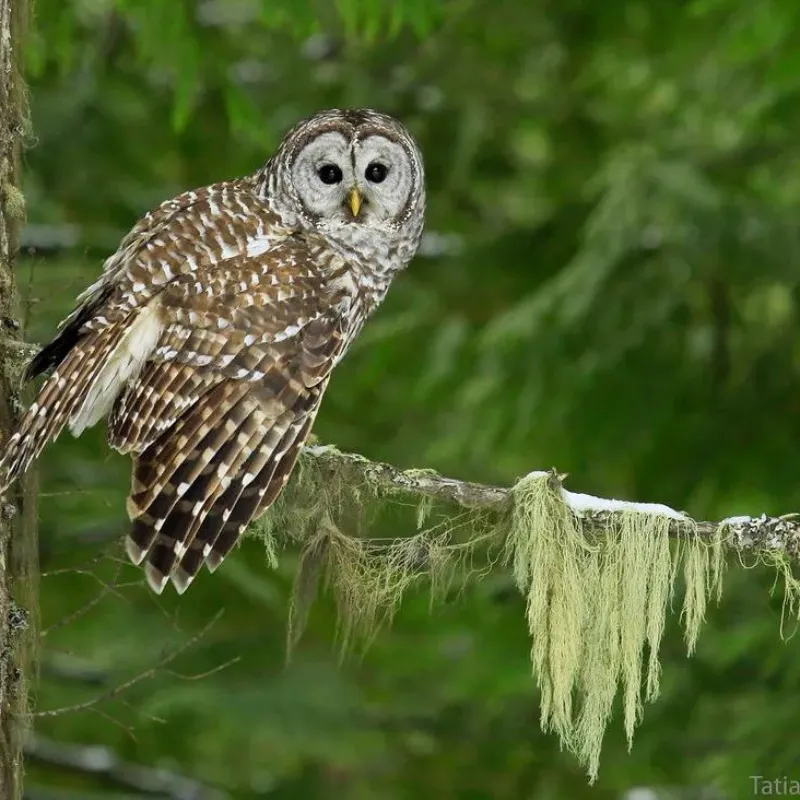
- Unique Traits: Barred owls have a distinctive “who cooks for you” call. They are large, with brown and white stripes, and prefer wooded swamps.
- Best Spots to Watch: Fakahatchee Strand Preserve State Park and Big Cypress National Preserve are ideal locations to see and hear barred owls.
Florida Nighttime Wildlife Watching Tips
When exploring the nocturnal wildlife watching Florida, safety is key. Here are some tips to help you navigate safely and deal with wildlife encounters.
Navigating Safely in the Dark
- Stick to Marked Paths: Always use marked trails. These paths are safer and help prevent getting lost.
- Watch for Hazards: Be aware of roots, rocks, and uneven ground. Use your flashlight to scan the path ahead.
- Go Slow: Move slowly and carefully to avoid tripping or stumbling. This also helps you stay quiet.
Wildlife Safety
- Keep a Safe Distance: If you see wildlife, stay calm and keep your distance. Never approach or try to feed them.
- Know What to Do: If you encounter predatory animals like panthers or alligators, do not run. Slowly back away while keeping an eye on the animal.
- Stay Calm: Most wildlife will not bother you if you don’t bother them. Make yourself look bigger if necessary and avoid sudden movements.
Final Thoughts
Nighttime wildlife watching in Florida offers a unique and thrilling experience. From observing bats and frogs to spotting owls and nightjars, the state’s diverse habitats provide endless opportunities.
Remember to stay quiet, use red lights, and keep a safe distance to protect the animals.
Equip yourself with the right gear and follow safety tips for a fun and safe adventure. By respecting nature and its inhabitants, you ensure a memorable and enriching experience.
Happy nighttime wildlife watching!

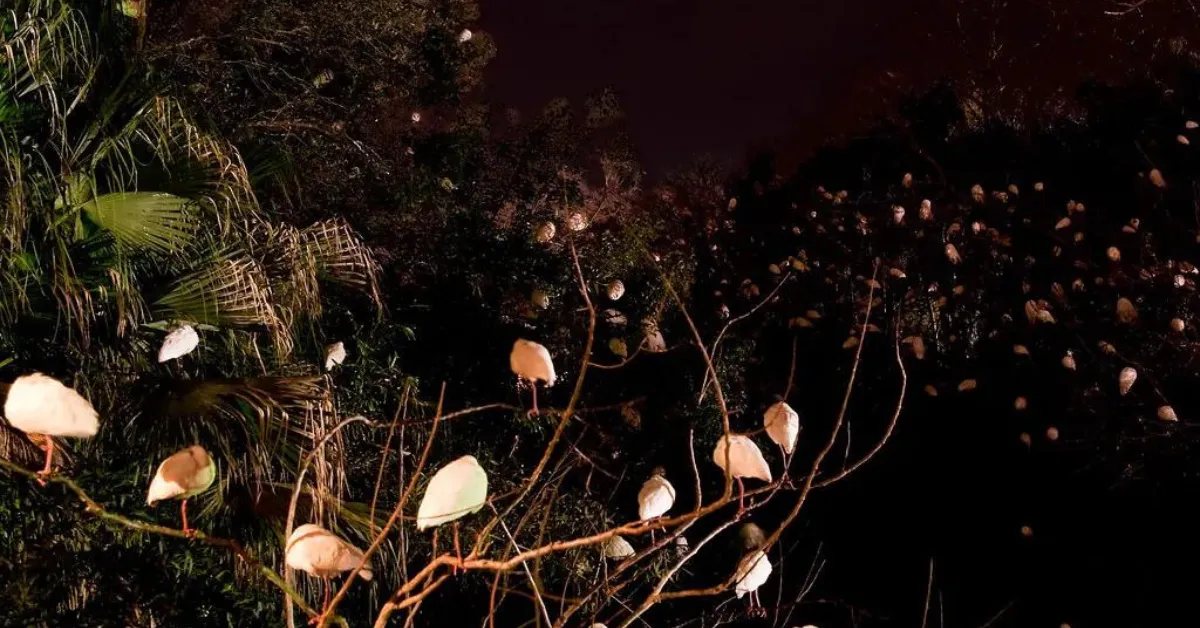
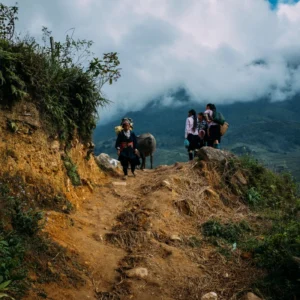
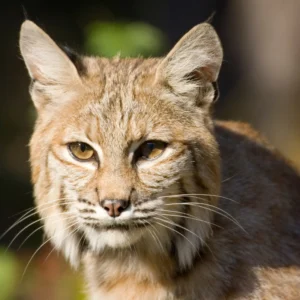
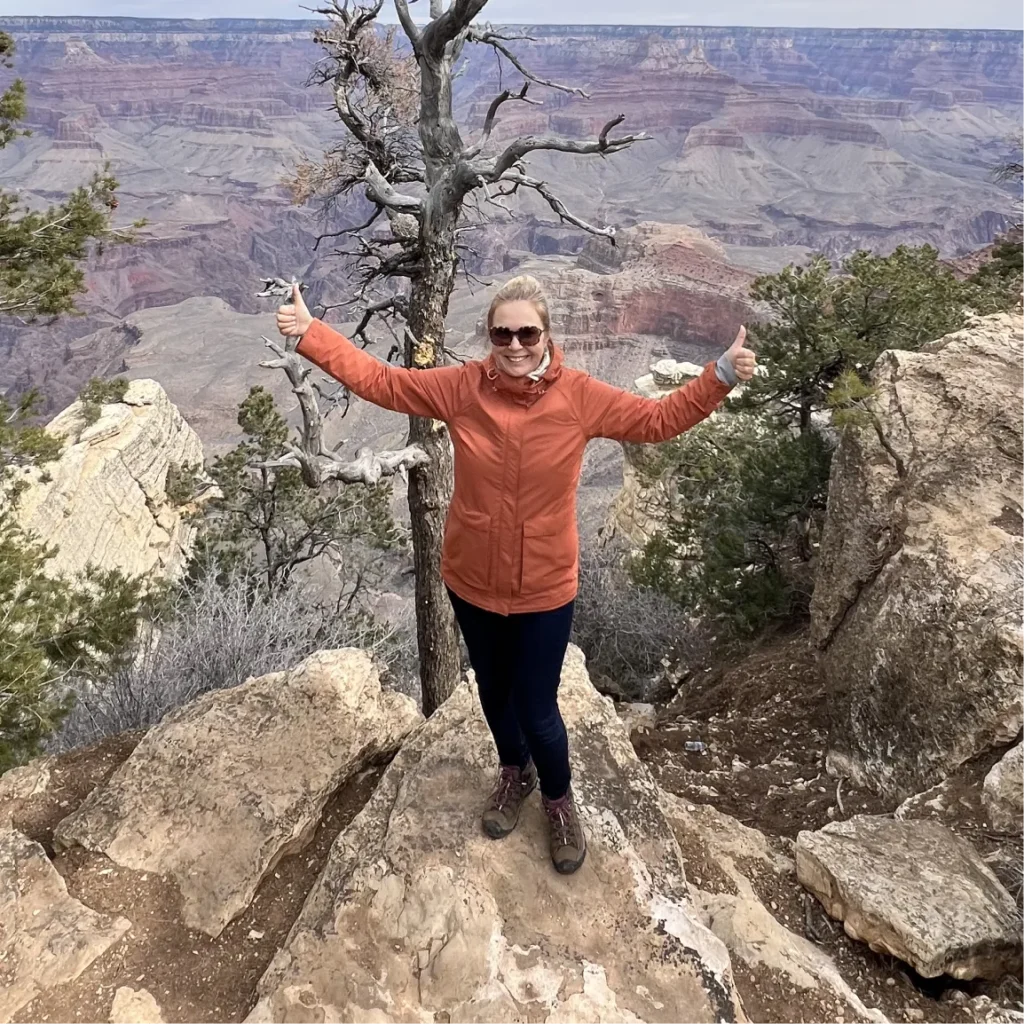
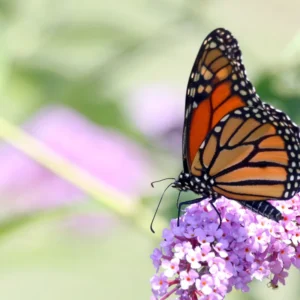
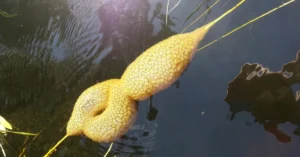
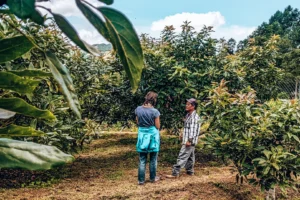
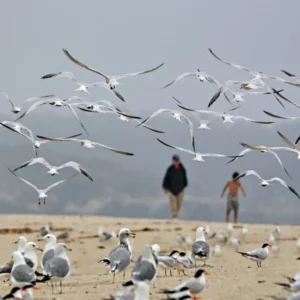
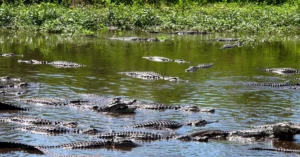
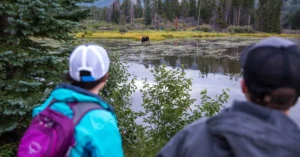
3 thoughts on “7 Best Florida Nocturnal Birds Watching Spots And Expert Tips”
Really loved the section on essential gear for nighttime watching, Julia. I’ve been trying to get into night photography of animals and this is super helpful. Any chance you got recommendation for a good starter camera?
Robyn H., not Julia but I started with a DSLR with high ISO capabilities. It makes a huge difference at night. Don’t skimp on a good lens either!
what lens would you recommend for a beginner